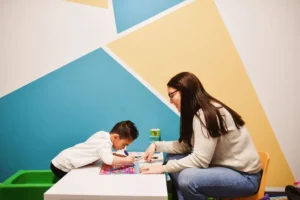
The following blog includes both identity-first language (“autistic”) and person-first language (“with autism”) as Basal Therapies & Preschool wish to respect each individuals’ preference.
As the parents of a child with autism/autistic child, you’re likely aware that no matter where on the spectrum your little one lies, communication challenges are present in some way. Maybe your child struggles with self-expression. Maybe they don’t understand certain aspects of language. Or perhaps they’re entirely nonspeaking. Whatever the situation is, it can be addressed with the help of a professional who’s familiar with all of these challenges. Speech therapy has emerged as a vital tool for many children on the spectrum in recent years. It offers tailored strategies that aim to bridge communication gaps and achieve consistently positive social interactions. Let’s dive into the ways it serves as an impactful way to improve language and social skills.
Understanding Speech Therapy for Autism-Related Communication Challenges
So what is speech therapy? It’s a therapy designed to improve someone’s ability to communicate with other people effectively. This can be through verbal, nonverbal, or augmentative methods. The areas of focus in any given patient—autistic children/children with autism, in this case—differ depending on their abilities and areas that need improvement. Speech therapy for kids generally focuses on fostering nonverbal expression, improving comprehension, and supporting social communication.
In our case, we need to take a more personalized approach; the children we work with generally have difficulty understanding and using language, so sessions are highly personalized. How? Not only do our team members bring their extensive experience to the table, but we make it fun for the child! Utilizing engaging activities for children with autism/autistic children in therapy sessions makes the whole session feel like a game rather than a chore. These techniques range from vocabulary building and articulation exercises to nonverbal skills that improve understanding of social cues. They’re having fun and learning at the same time!
Key Benefits of Speech Therapy
Enhancing Non-Verbal Communication
Learning gestures, facial expressions, and body language provides a foundation for communication, especially for children who may initially struggle with verbal expression. This includes the potential use of alternative and augmentative communication (AAC) devices to help children express basic needs and feelings.
Improving Verbal Communication
Therapy can develop foundational verbal skills, including vocabulary, sentence formation, and articulation. For children using AAC devices, this phase may involve combining device use with emerging verbal skills to increase overall communication.
Building Social Skills
Speech therapy promotes social interactions by teaching children skills like turn-taking and appropriate conversational responses. For some, integrating AAC devices with these social skills can enhance their ability to engage with peers effectively.
Boosting Confidence and Independence
As communication abilities improve, children can express themselves more effectively and confidently, contributing to greater self-esteem and independence in social settings and daily activities.
How Parents and Caregivers Can Support It at Home
Though speech therapy for autism-related communication challenges largely focuses on your child, there are ways that you, the parent, can help maximize the benefits of it all. You play an integral role in the primary goals of therapy outside of sessions. By integrating the strategies we cover here at home, you’re encouraging your child to use their developing skills in a setting that more closely resembles their everyday life. For example, you can regularly engage in reading sessions, play interactive games, and model your own speech and language use properly; kids learn so much from their parents, and much of it is by example!
Conclusion
The transformative benefits offered by effective speech therapy for kids are immeasurable! By implementing engaging activities for children with autism/autistic children in our sessions, we increase your child’s chances of overcoming communication barriers. Of course, those chances are maximized when you do your part to foster the techniques they learn here with us at home.
If you want your child to thrive by developing verbal and nonverbal skills, get in touch with us. Our love for children is matched only by our dedication to our craft. Let’s work on your child’s social competence today!









